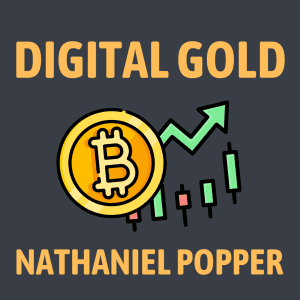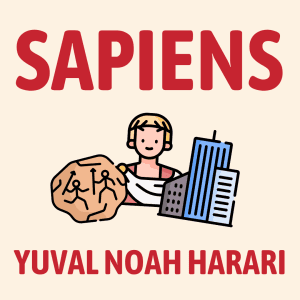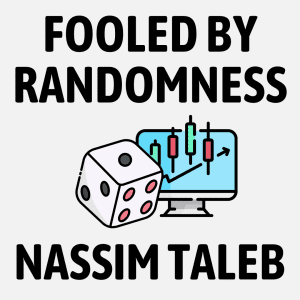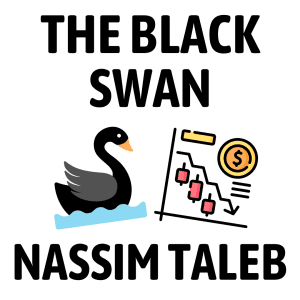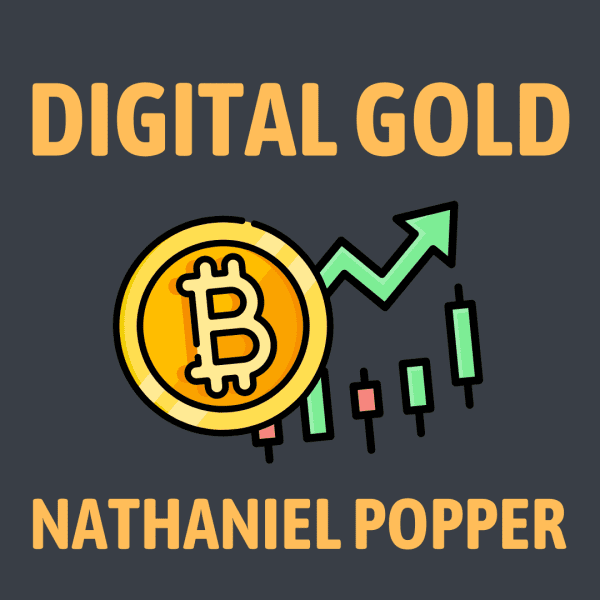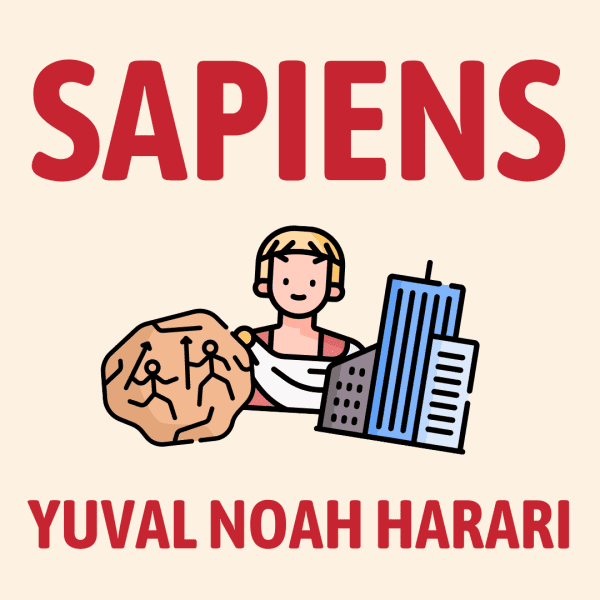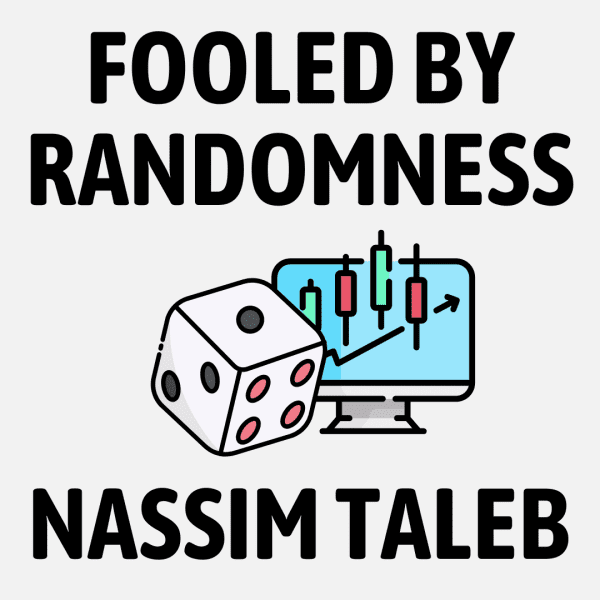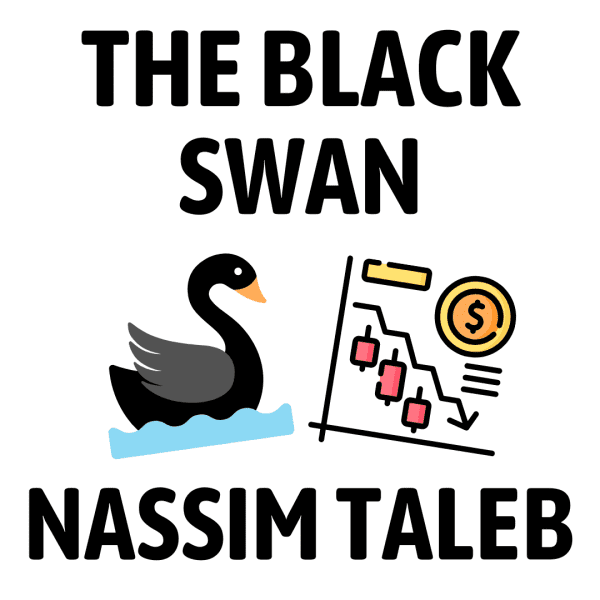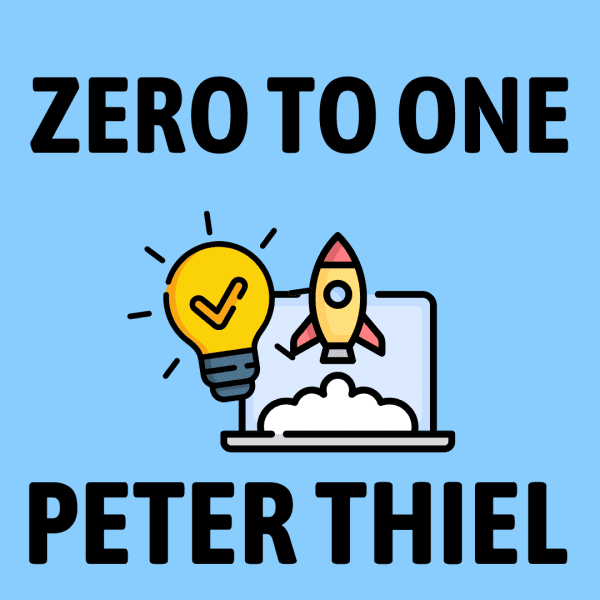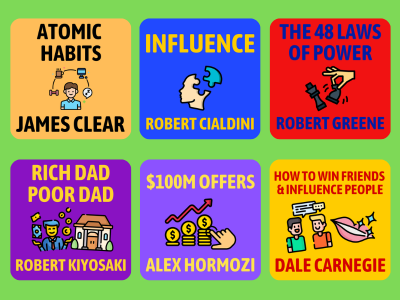Digital Gold tells the story of the rise of Bitcoin, giving us a close look at the programmers and investors who contributed to the technology and movement.
Nathaniel Popper also explores fascinating questions like: how can a money made up of digital bits have any value at all?
Sapiens is about how we went from being simple primates 2.5 million years ago... to walking on the moon.
Yuval Noah Harari explores the Cognitive, Agricultural and Scientific Revolutions, which made us who we are today.
He says common myths like money, laws and nations hold human societies together.
Fooled by Randomness is full of ideas for finance and investing that go against what most people practice.
Taleb says randomness controls our lives more than we think, but we can learn tools to protect against life's uncertainty.
The Black Swan is about understanding unpredictable extreme events like the 9/11 attacks, rise of the internet, and stock market crashes.
Nassim Taleb says we are unprepared for the next big event like this because we rely too much on incomplete theories, limited models and flimsy historical narratives.
Zero to One is about the future of technology and a guide for startup business founders.
Peter Thiel is a billionaire entrepreneur and investor that shares many unconventional ideas.
He says entrepreneurs should avoid competition.
Instead build a (legal) monopoly selling something completely new and incomparable.
Why read it?
If you're trying to come up with an innovative new business idea, or if you're struggling to stay afloat in an overcrowded market, Peter Thiel's "Zero to One" may be your life jacket.
Peter Thiel, the entrepreneur and investor behind major names like PayPal, Facebook and Palantir — challenges us to think about creating something so unique it goes from zero (nonexistent) to one (the first of its kind).
This isn't about following trends; it's about setting them.
This book urges you to look where others don't and think differently. 🏆
Thinking, Fast and Slow explains how people make decisions using two mental systems: "fast" thinking is instinctive and emotional, while "slow" thinking is deliberate and logical.
Daniel Kahneman helps us understand our when our mind fall into common biases and irrational shortcuts, so we can make better decisions in the future.

